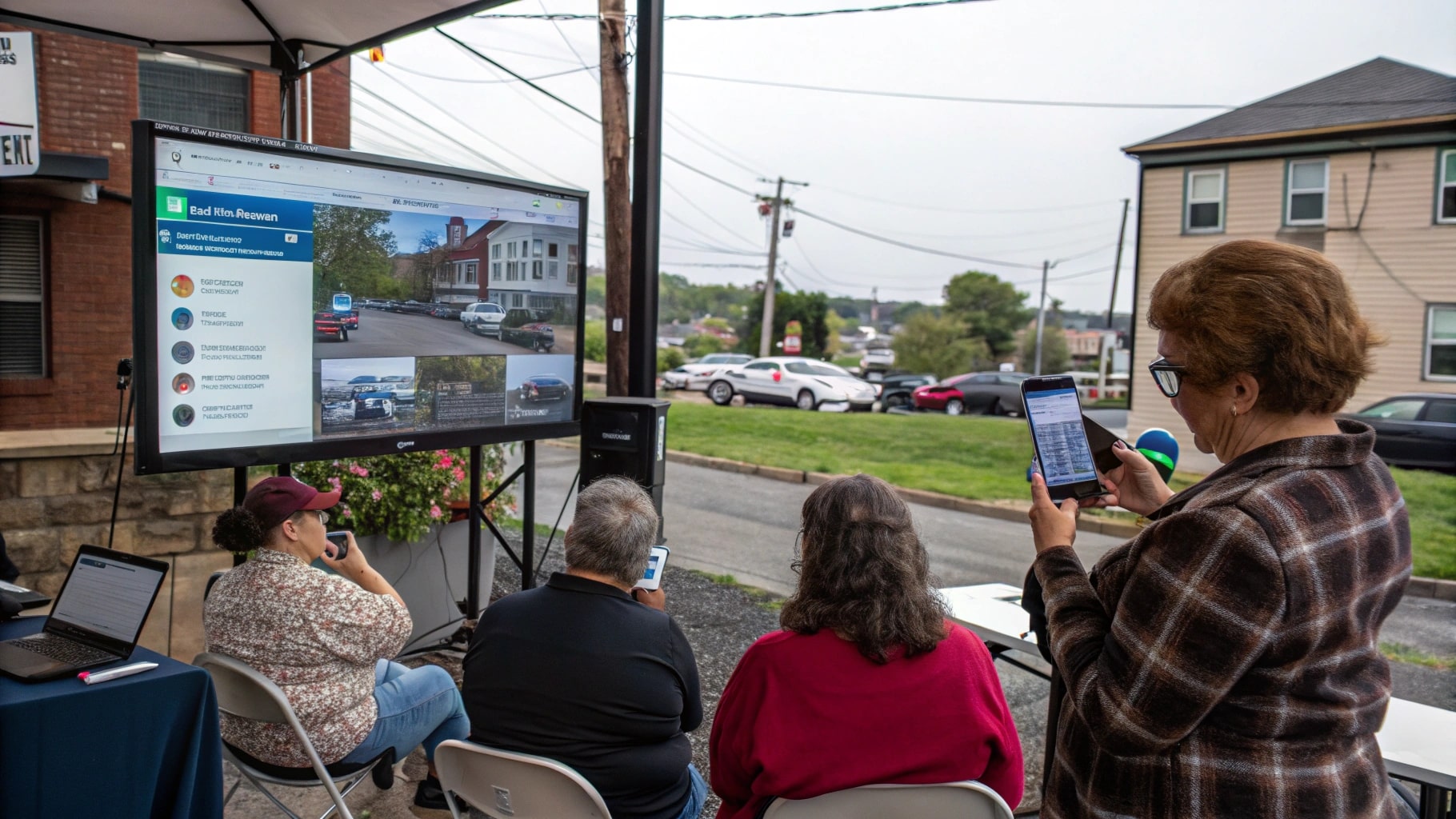Introduction and Purpose
Lackawanna LSOR is a community-driven system that focuses on reporting, awareness, and safety. The term LSOR is often linked with local scanner operators who monitor emergency channels and share updates with the public. In Lackawanna, this initiative has grown into a helpful platform that connects residents with real-time information about local events, traffic conditions, and safety alerts.
The main purpose of LSOR is to bridge the gap between official updates and community knowledge. While authorities handle emergencies, LSOR ensures that ordinary people remain informed in real time. This not only supports quicker responses but also builds trust within the community. For many residents, LSOR is more than a service; it is a reliable source of alerts that can help them make safer decisions every day.
The Beginning of LSOR: History and Background
The idea of LSOR in Lackawanna started with small groups of radio scanner enthusiasts. These individuals listened to police, fire, and EMS frequencies and then shared critical updates with neighbors, friends, or through early social media pages. Over time, as technology improved, these efforts transformed into organized reporting groups.
The rise of Facebook groups and online forums gave LSOR a digital identity. People could now instantly post updates about accidents, weather emergencies, or community hazards. The growth of these groups shows how ordinary citizens, equipped with scanners and dedication, shaped a grassroots communication network. This history highlights the strong role of local volunteers in creating a safer and better-informed society.
How LSOR Operates: Key Functions and Working Process
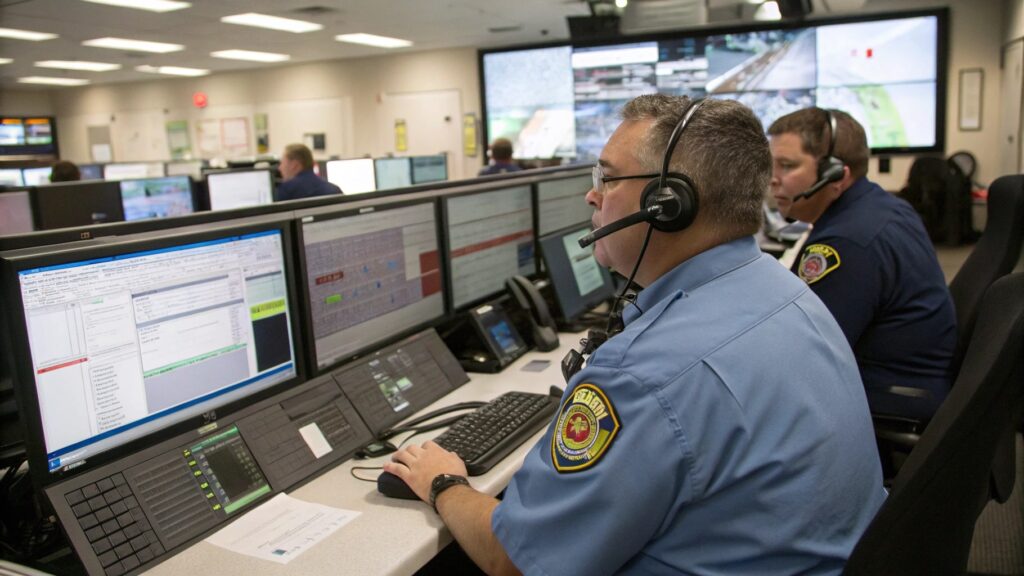
LSOR works on a simple principle: listen, verify, and share. Trained scanner operators monitor emergency channels and traffic updates. Once they identify something important, they post alerts through community platforms like social media, websites, or text updates. This ensures that information spreads quickly to the people who need it.
The system does not replace official agencies but complements them. For example, while police handle accidents, LSOR warns drivers to avoid the area. During severe weather, it shares details on road closures, flooding, or power outages. By acting as an information bridge, LSOR strengthens public awareness and ensures faster responses from both authorities and community members.
Scanner Operations and Reporting System
Scanner operations are at the heart of LSOR. Operators use radios and modern scanning devices to listen to frequencies used by police, fire departments, and emergency medical services. Unlike rumors, LSOR aims to share accurate and verified reports.
The reporting system usually works in layers. First, a volunteer monitors the incident. Then, they confirm details before posting updates online. Finally, other members cross-check and add more context. This collaborative approach reduces misinformation and increases reliability. In Lackawanna, this system has become a trusted way for residents to know what is happening in their area before news outlets can cover it.
Community Role and Local Involvement
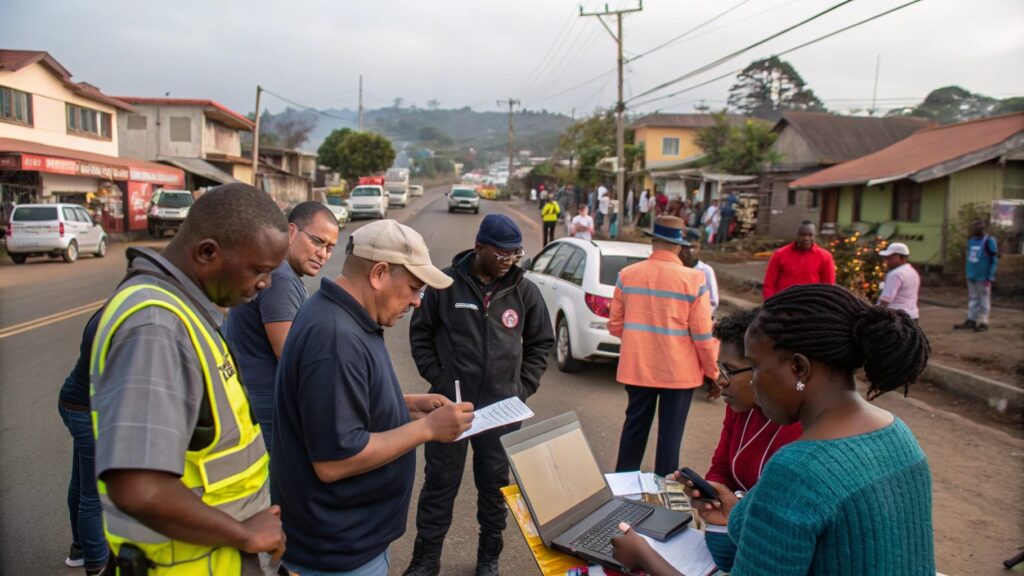
Community participation makes LSOR unique. It is not only scanner operators but also local residents who contribute. Citizens often report what they see, such as roadblocks, fires, or unusual activities. These observations, combined with scanner updates, create a full picture of local events.
The presence of community members also builds trust. People rely on updates because they know the information is coming from neighbors who care. This sense of involvement encourages more volunteers to join, creating a cycle of awareness and protection. LSOR’s community-first model proves that local cooperation is key to stronger safety networks.
Legal and Ethical Aspects: Privacy and Compliance
Operating LSOR requires respect for privacy and compliance with local laws. Scanner information is public in many areas, but there are strict rules about how it can be shared. For example, sensitive details about victims or ongoing investigations must never be published.
Ethically, LSOR groups must ensure they are not spreading panic or misinformation. Protecting personal data and respecting the privacy of individuals involved in accidents or crimes is a priority. Following these principles allows LSOR to remain a valuable tool without crossing legal or moral boundaries. By maintaining transparency and responsibility, LSOR secures its place as a trusted community partner.
Technology and Tools Used by LSOR
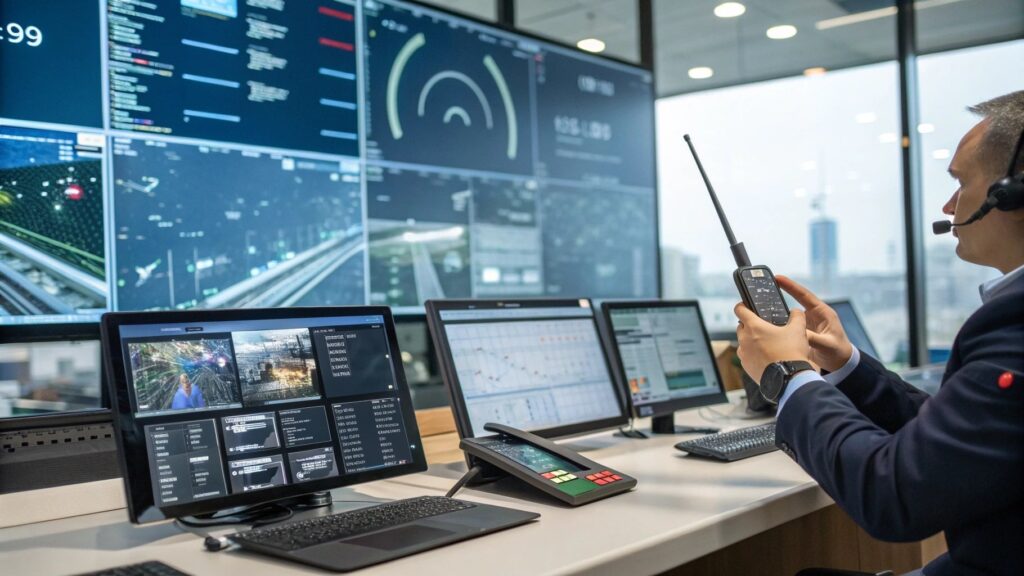
Technology has transformed LSOR into a more efficient system. Modern radio scanners allow operators to cover multiple frequencies at once. Smartphone apps can connect members instantly, while social media platforms spread alerts within seconds.
Many groups also use live audio streaming, GPS tools, and digital reporting dashboards to organize information. This blend of old-school scanning and new-age technology ensures LSOR can keep pace with today’s fast communication needs. In the future, more advanced tools like AI monitoring or real-time mapping could make the system even stronger.
Benefits of LSOR for the Community
LSOR provides many direct benefits. The most important is public safety. Residents receive faster alerts about accidents, weather conditions, and emergencies, which allows them to make better decisions. Drivers can avoid traffic, families can prepare for storms, and neighborhoods can respond to hazards before they spread.
Another benefit is community trust. Since the information comes from within the community, people see it as more relatable and reliable. Finally, LSOR promotes cooperation between citizens and local authorities. By spreading awareness, it helps both sides achieve the shared goal of safety and order.
Challenges and Limitations of LSOR
Despite its strengths, LSOR also faces challenges. The biggest is the risk of misinformation. If details are shared without proper verification, false reports can spread quickly and create panic. Technical issues like scanner outages or coverage gaps can also limit effectiveness.
Another challenge is legal restriction. Some areas may regulate scanner use strictly, making it harder to share certain details. Lastly, volunteer burnout is real — LSOR relies on dedicated people, and without proper support, enthusiasm can fade. Recognizing these challenges is essential to make LSOR sustainable.
Future Growth and Innovation
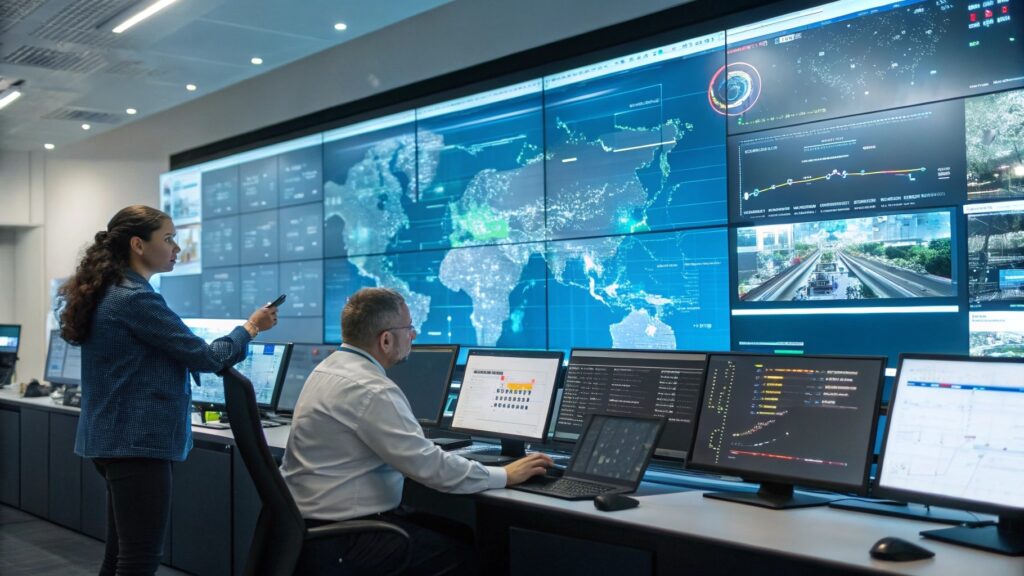
The future of LSOR in Lackawanna looks promising. With the use of AI monitoring, real-time mapping, and mobile apps, LSOR can become even faster and more accurate. Expanding partnerships with local authorities, schools, and NGOs will help integrate LSOR into official safety systems.
Moreover, training more volunteers and educating the public on responsible reporting will strengthen the network. As technology grows, LSOR has the potential to transform into a model system for other regions, proving that community-driven safety networks can have a lasting impact.
Community Feedback and Real Experiences
Residents in Lackawanna often express appreciation for LSOR. Many credit the system for helping them avoid traffic accidents, prepare for severe storms, or stay safe during emergencies. Some also highlight the comfort of knowing that neighbors are working together to keep everyone informed.
These personal stories show the human side of LSOR. It is not just about scanners and reports; it is about building trust and cooperation. Positive experiences encourage more residents to participate, making LSOR a stronger and more connected community platform.
Frequently Asked Questions (FAQs)
What does LSOR mean in Lackawanna?
It refers to local scanner operators who monitor emergency channels and share real-time community updates.
Is LSOR an official government program?
No, it is a community-driven initiative that works alongside official emergency services.
Can anyone join LSOR?
Yes, most groups welcome new volunteers and community members interested in safety and reporting.
Is it legal to share scanner information?
Yes, but only within certain rules. Sensitive or private details must never be posted publicly.
Conclusion: Roadmap and Recommendations
Lackawanna LSOR shows how ordinary citizens can create extraordinary change through cooperation and technology. What began as a small effort by scanner enthusiasts has grown into a reliable community safety network. It helps residents stay informed, supports quicker responses, and builds stronger trust between people and authorities. While challenges such as misinformation and legal limits exist, the future holds great potential with better tools, training, and partnerships. By staying transparent, ethical, and innovative, LSOR can continue protecting lives and guiding communities. Its story proves that shared responsibility makes neighborhoods safer and more resilient.
Related Post:

